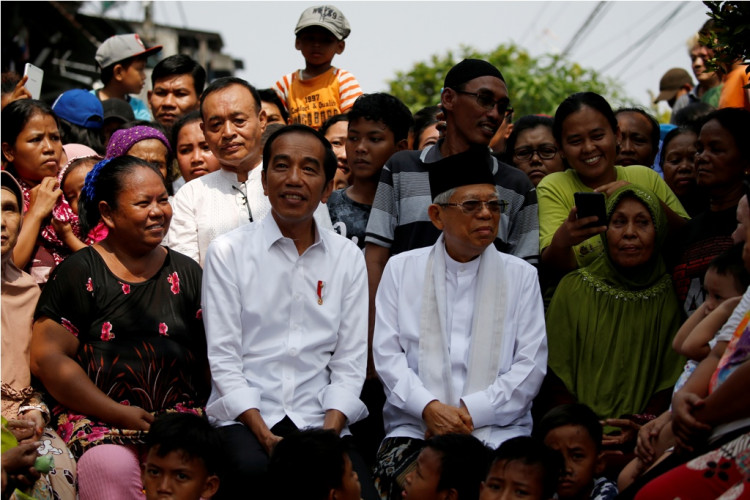Indonesia has come a long way in its economic development and it has achieved a lot so far, including the reduction of its poverty rate to a single digit. Analysts believe the government should stick to a set of guidelines and targets to retain the single-digit figure.
According to the Jakarta Globe, Indonesia was able to shrink its poverty rate from 0.96 in 2014 to 9.66 percent in 2018. While the figures went up to 11.13 in 2015, the government worked to reduce the numbers in three years.
Coordinating Minister for Economic Affairs Darmin Nasution noted that Indonesia even had to overcome external storms last year when the China-U.S. trade war first kicked off. Darmin said the economy was still able to post a growth acceleration of 5.17 percent.
Aside from further slashing the country's poverty rate, Indonesia's inflation rate also remained stable at 3.28 percent last year. Economists pointed out that the government should keep attracting foreign investments to retain the numbers.
Darmin revealed that the government under President re-elect Joko "Jokowi" Widodo is committed to reducing export costs to further improve economic growth forecasts and poverty rate reduction goals.
However, Chairman of the Indonesian Chamber of Commerce and Industry (Kadin), Rosan Roeslani, said the country should develop new measures aimed at improving Indonesia's legal certainty so investors will be attracted.
Indonesia has yet to come up with reforms to improve the business environment for both foreign and local businesses. The scope of policies is still limited but many of Jokowi's supporters believe he will make a change in his second term as president.
Shortly after the election commission confirmed that Jokowi has been reelected, economic experts predicted how the country will look like as its leader takes the reins for the second time.
Some experts believe that Jokowi will be faced with multiple hurdles including political opposition. While many of his supporters secured seats in the People's Representative Council (DPR), it is still possible for rival parties to block the president's targets.
Furthermore, Jokowi's win has been ruled by his archrival, Prabowo Subianto, as one that was achieved through cheating. Subianto vowed to contest the election results but he has yet to confirm if he will take the matter to court as he did in 2014.
Others believe huge reforms "will remain elusive" during the president's second term but infrastructure projects are expected to keep up as the administration aims to leverage on this aspect for economic development.






